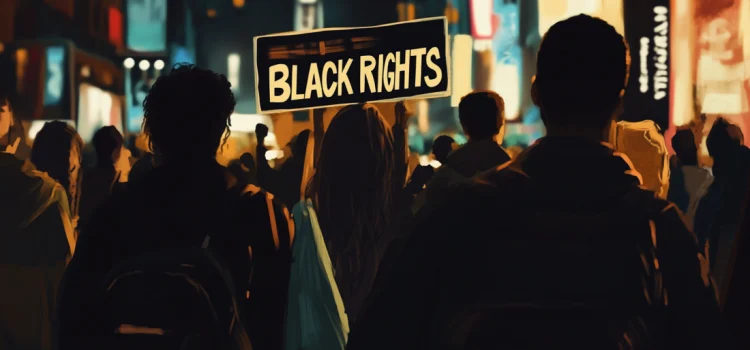Is violence preventable? What can we do to protect ourselves and others? In The Gift of Fear, Gavin de Becker shares advice on how to prevent violence in various settings. He covers workplace safety, domestic abuse, stalking, youth violence, and attacks on public figures—offering tips for individuals and organizations to recognize warning signs and take proactive measures. Read on to discover strategies that could help keep you and your loved ones safe.
How to Prevent Violence & Respond When It Can’t Be Avoided










